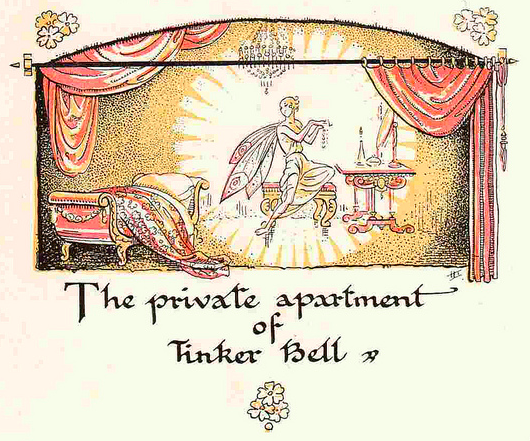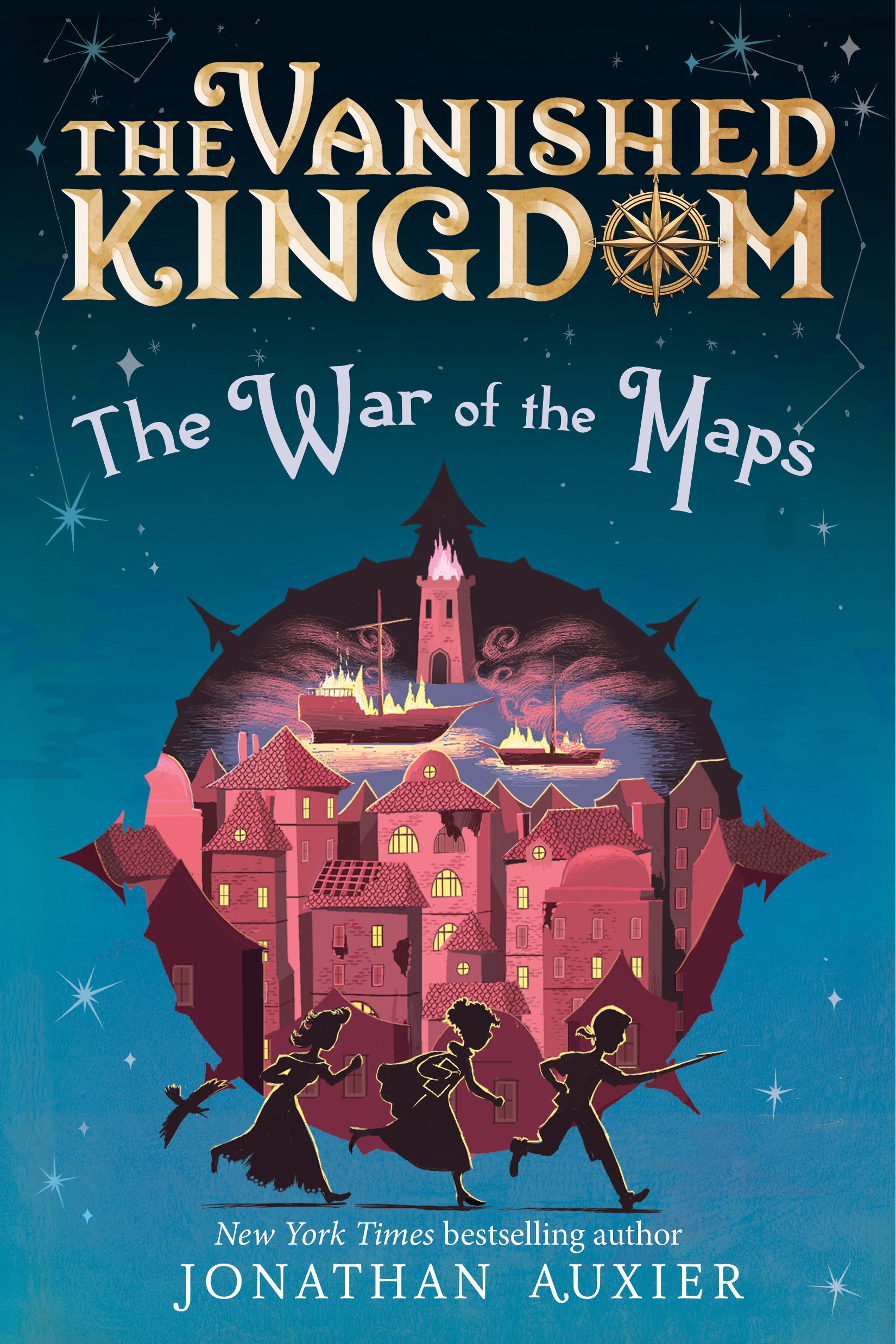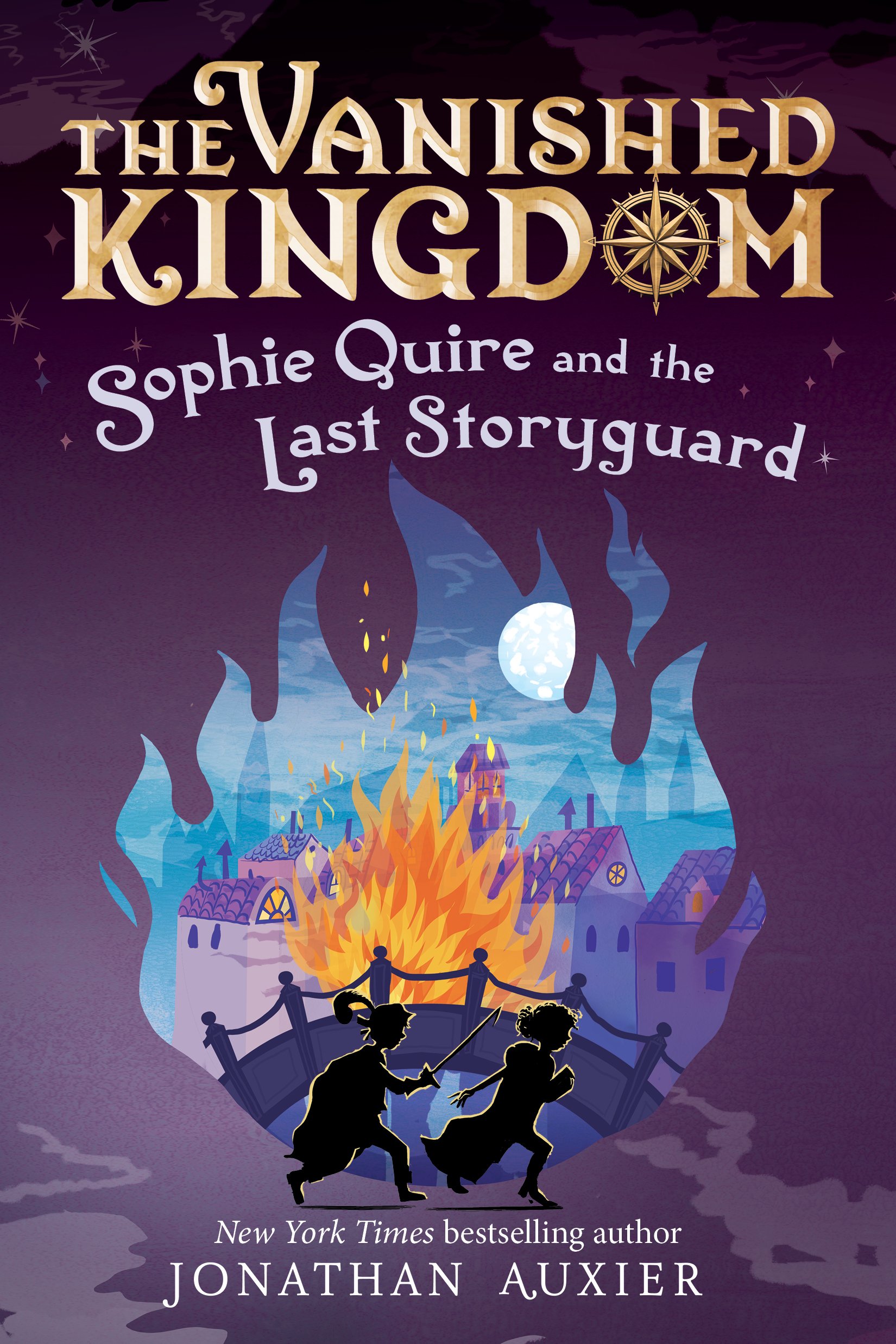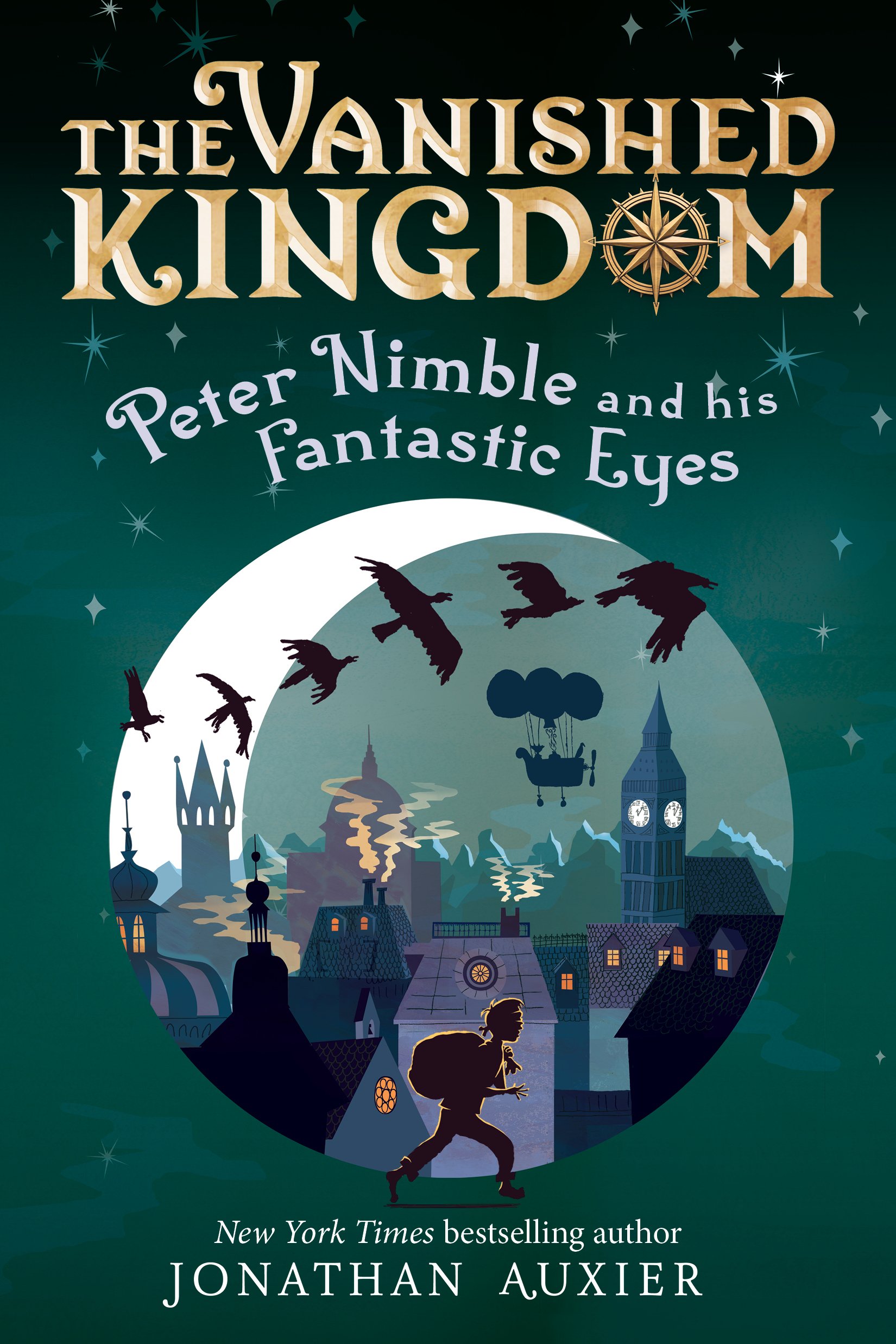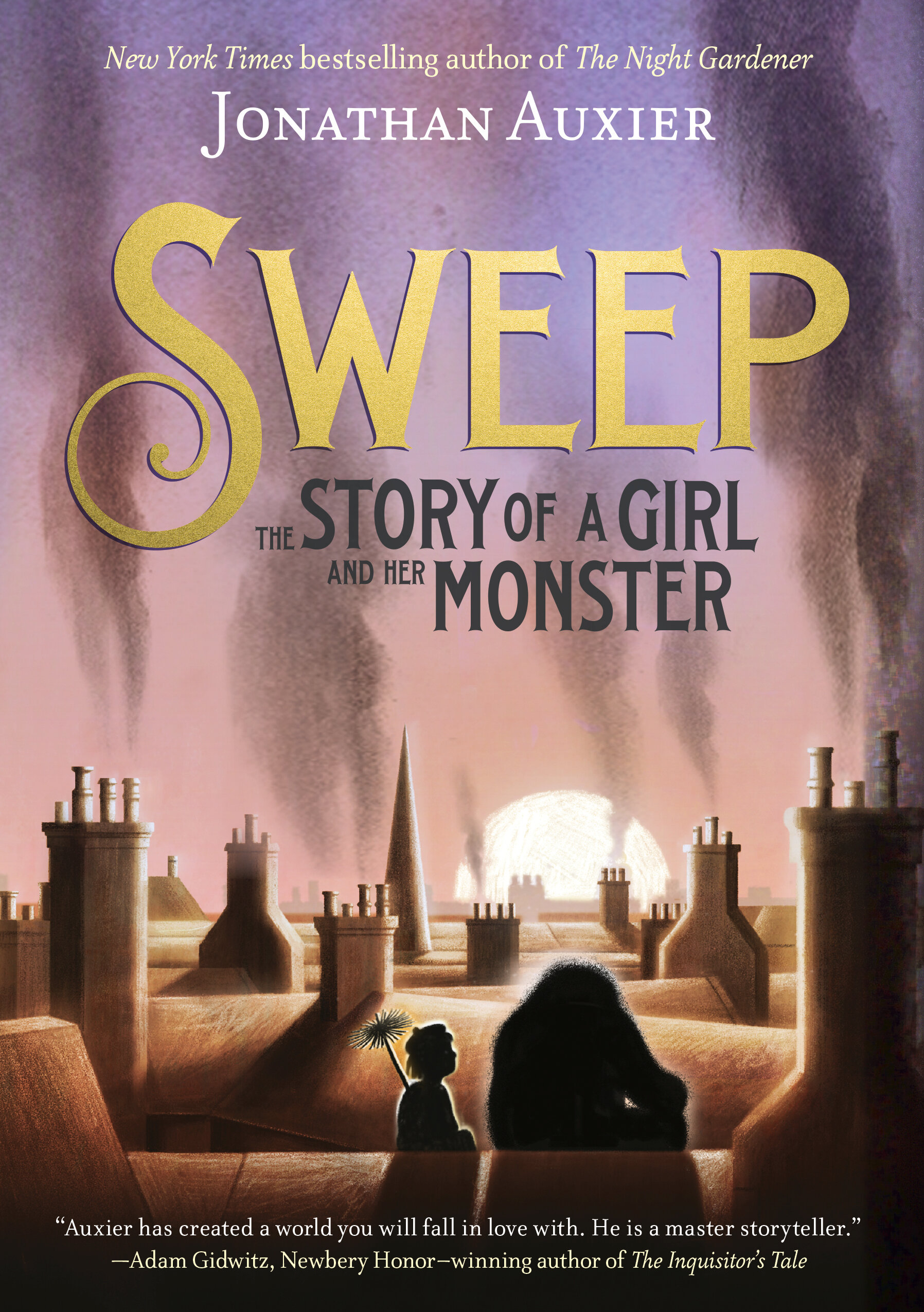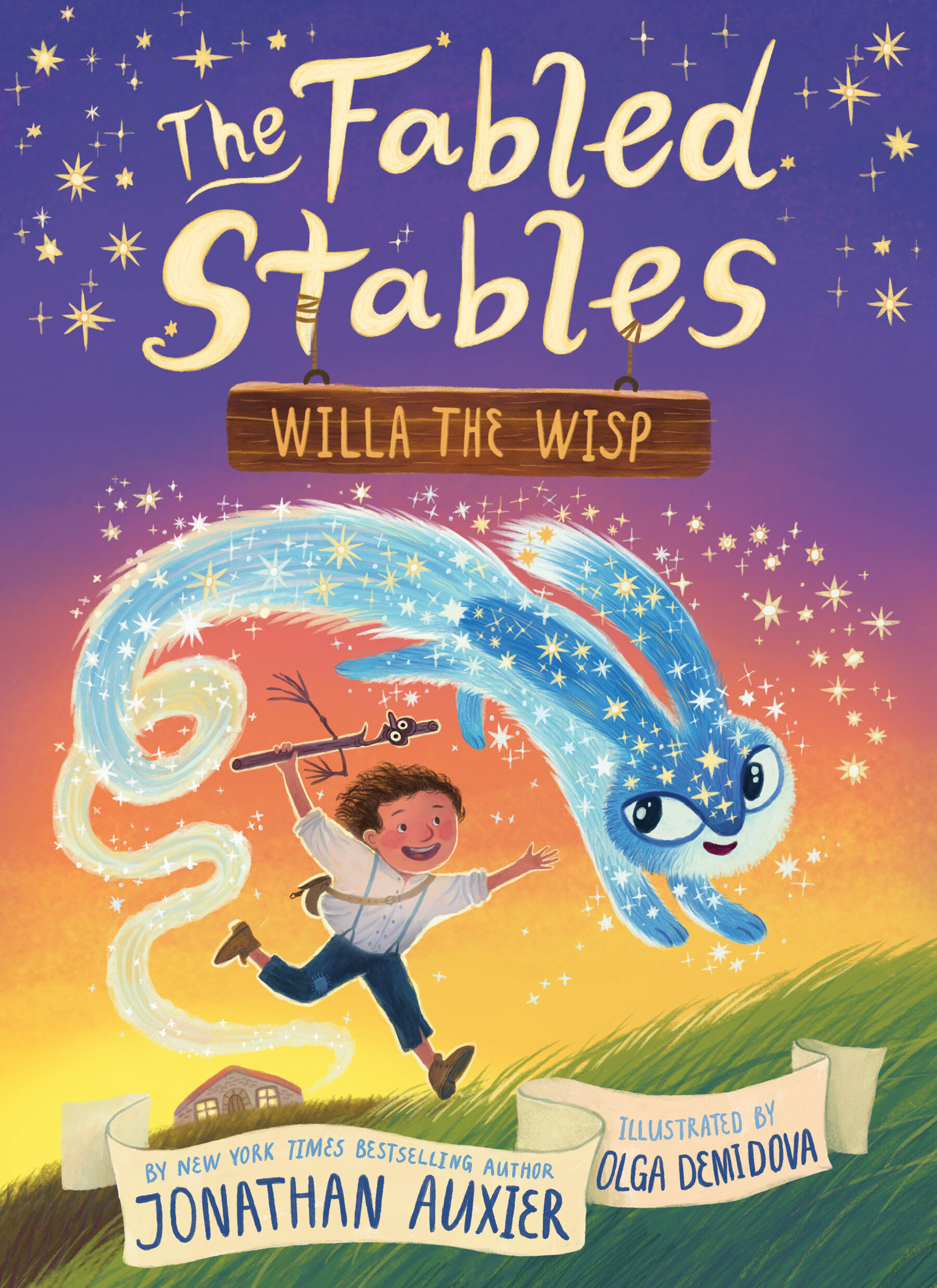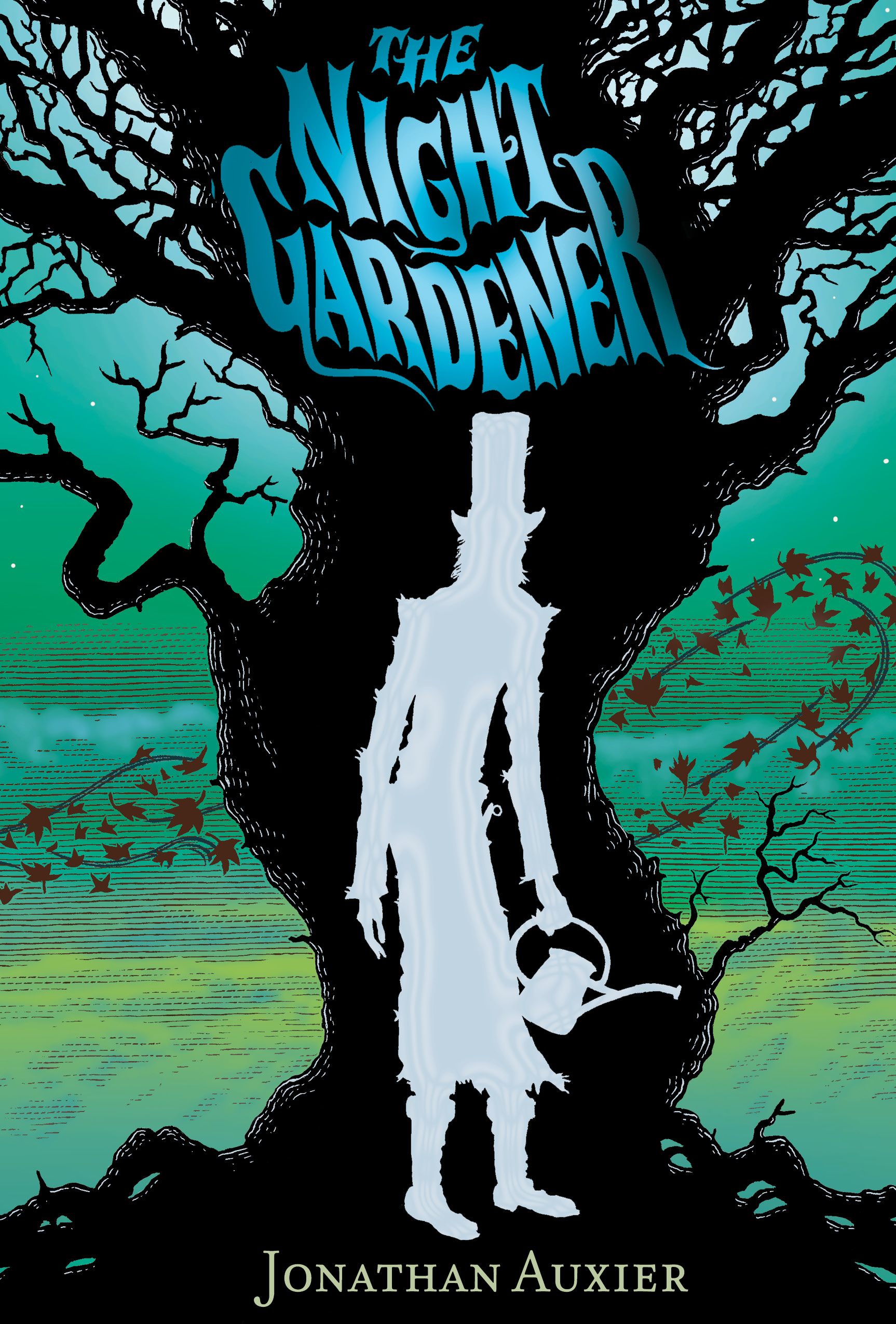PETER PAN WEEK Day 3: Tinker or Belle?
/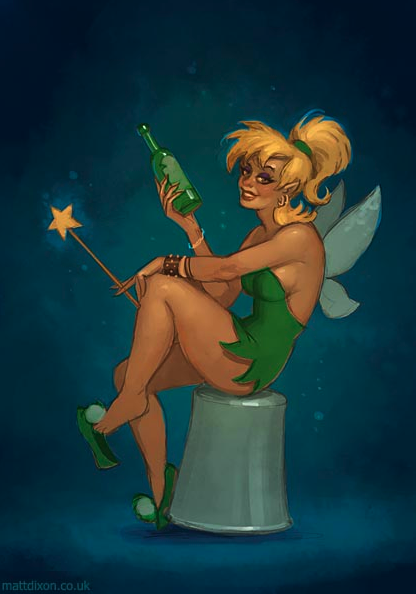 While re-reading Peter Pan, I had in my mind something Mary recently said about Tinker Bell: she is decidedly low class. The very fact of her being a tinker condemns her to the bottom rung. Also, by the time Barrie was writing, the word "tinker" had become shorthand for someone of Irish, Scottish, or Gypsy descent. Add to that a foul mouth[1. She only opens her mouth to shout "Silly ass!"] and you've got a pretty damning portrait.
So where did our culture get its image of Tinker Bell as a coquettish pixie? From the book, you silly ass!
While re-reading Peter Pan, I had in my mind something Mary recently said about Tinker Bell: she is decidedly low class. The very fact of her being a tinker condemns her to the bottom rung. Also, by the time Barrie was writing, the word "tinker" had become shorthand for someone of Irish, Scottish, or Gypsy descent. Add to that a foul mouth[1. She only opens her mouth to shout "Silly ass!"] and you've got a pretty damning portrait.
So where did our culture get its image of Tinker Bell as a coquettish pixie? From the book, you silly ass!
For every classed description Barrie gives of Tinker Bell, he writes another that contradicts it. He goes out of his way to establish her delicate femininity: "Tinker Bell, exquisitely gowned in a skeleton leaf, cut low and square, through which her figure could be seen to the best advantage. She was slightly inclined to embonpoint."[2. "Embonpoint" is defined as either "plump" or "bosomy," depending on your dictionary.] Later on in the book, he describes her dressing room in terms that confirm her as a lady of refined taste:
"No woman, however large, could have had a more exquisite boudoir ... The couch, as she always called it, was a genuine Queen Mab, with club legs; and she varied the bedspreads according to what fruit-blossom was in season. ... Tink was very contemptuous of the rest of the house ... and her chamber, though beautiful, looked rather conceited, having the appearance of a nose permanently turned up."
So which is she, crude pot-mender or elegant sylph? Of course, the answer is that she's both ... and maybe that's the part of the reason she's so compelling as a character?
I'm not blowing anyone's mind when I observe that Peter Pan is ripe with these sorts of contradictions: Peter is at once a innocent and heartless, Neverland is both a dream island and a nightmare space (more on that tomorrow), Wendy is equal parts child and mother, etc ... Pretty much every element of the story contains this sort of discrepancy. I wonder if that's part of what makes the book so re-readable -- you'll never be able to "get" what Barrie's talking about.[3. One million blog-points goes to whatever reader can explain to me, in precise terms, what exactly Mrs. Darling's "kiss" is.] When I think back on Great works of literature, from the Bible to Beowulf to Alice in Wonderland, I notice similar inconsistencies; it makes me wonder whether these gaps are part of their greatness.
Years ago, I had the pleasure of sitting down and talking with my favorite musician, Andrew Bird. At the time, he had just broken from his jazz roots and was starting to write more traditional pop music. He mentioned having some anxiety over whether his new songs would be too "exhaustible." I think he was expressing a desire to do in his music what Barrie does in his book: create a riddle without an answer.
* * *
For those who missed the other "Peter Pan Week" posts:
Day One: Literary Dress Rehearsals
Day Two: The Problem with Peter
Day Four: The Neverland Connundrum
Day Five: Loss and Exclusion in Peter Pan (special guest post!)
Also, you can also read my ham-fisted attempt to connect Peter Pan to The Hunger Games here.

